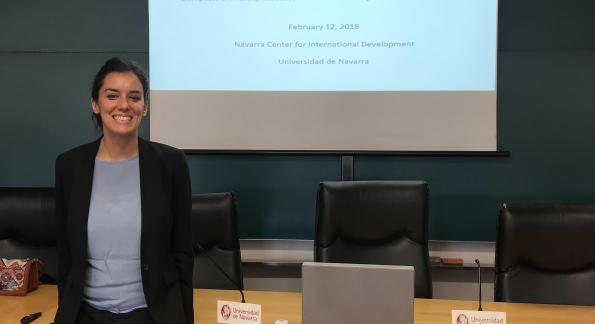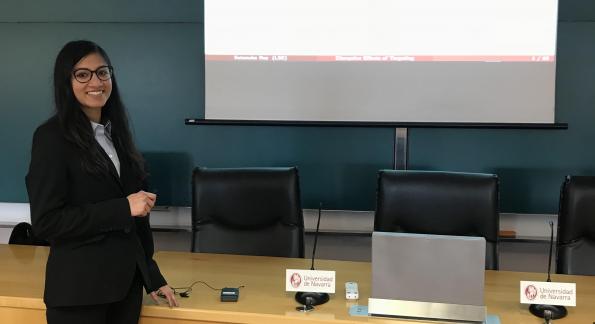In conmemoration of World Radio Day, NCID's Resident Fellow Joseph Gomes speaks about radio's importance in demobilizing combatants and ending conflict in Central Africa. With one hour of radio a day, fatalities reduced by 7% in the areas where the signal reached. Joseph explains the impact on the terrorist group LRA and the implications for literature on conflict resolution.
...
The Ebola outbreak killed 11.310 people across West Africa. This serious disease spreads through direct contact with infected body fluids, mainly affecting Liberia, Sierra Leone and Guinea. The first case, although very rare, was through direct contact with an infected animal (bat or monkey) and then, human to human. The chaotic situation required treatment centers. However, the international community didn’t intervene, both financially and military, until nine months after the first case, which led to a lack of public goods during the time.
Ambiguous messages from state i...

Who are the disadvantaged? There’s debate around this question. There are those who argue that policies should aim to favor historically disadvantaged groups, that is, lower castes. Conversely, there are others that favor incentivizing the poor regardless of their caste. Also, should the system provide incentives to students based on merit such that every student has an opportunity, or should it only aim the disadvantaged?
Sutanuka Roy, a PhD candidate at the London School of Economics, aims to provide evidence on this topic in her paper “Disruptive Effects of Preferenti...






